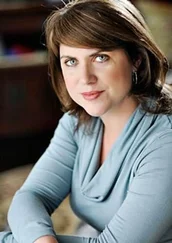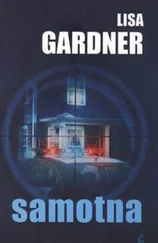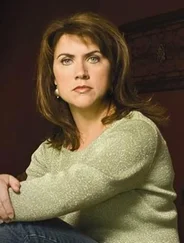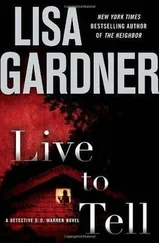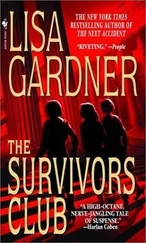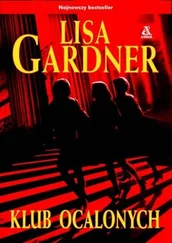Lisa Gardner - Hide
Здесь есть возможность читать онлайн «Lisa Gardner - Hide» весь текст электронной книги совершенно бесплатно (целиком полную версию без сокращений). В некоторых случаях можно слушать аудио, скачать через торрент в формате fb2 и присутствует краткое содержание. Жанр: Триллер, на английском языке. Описание произведения, (предисловие) а так же отзывы посетителей доступны на портале библиотеки ЛибКат.
- Название:Hide
- Автор:
- Жанр:
- Год:неизвестен
- ISBN:нет данных
- Рейтинг книги:4 / 5. Голосов: 1
-
Избранное:Добавить в избранное
- Отзывы:
-
Ваша оценка:
Hide: краткое содержание, описание и аннотация
Предлагаем к чтению аннотацию, описание, краткое содержание или предисловие (зависит от того, что написал сам автор книги «Hide»). Если вы не нашли необходимую информацию о книге — напишите в комментариях, мы постараемся отыскать её.
In bestseller Gardner 's first-rate follow-up to Alone (2005), Bobby Dodge, once a sniper for the Massachusetts State Police and now a police detective, gets called to a horrific crime scene in the middle of the night by fellow detective and ex-lover D.D. Warren. An underground chamber has been discovered on the property of a former Boston mental hospital containing six small naked mummified female bodies in clear garbage bags. A silver locket with one of the corpses, which may be decades old, bears the name Annabelle Granger. Later, a woman shows up at the Boston Homicide offices claiming to be Annabelle Granger. Her resemblance to Catherine Gagnon (whose life Bobby saved in Alone) helps stoke a romance between her and Bobby both subtle and sizzling. The suspense builds as the police uncover links between patients at the hospital and long-ago criminal activities. Through expert use of red herrings, Gardner takes the reader on a nail-biting ride to the thrilling climax.
***
'I can't afford to come back from the dead.' Annabelle has had many names in her life – Sally, Cindy, Lucille. Though her father moved her from city to city from the age of ten, changing names, houses, careers and histories every few months, Annabelle never knew what they were running from. Now in her thirties, with both parents dead, she's settled in Boston. But old habits die hard and she still looks over her shoulder when she leaves her apartment, still blends in with the crowd on the subway. Then at the Boston State Mental Hospital a multiple grave is discovered. Six young girls left to die in an underground chamber decades ago, while their captor looked on. When her original name appears in the paper, wrongly identifying her as one of the dead girls, Annabelle finally knows. This was the work of the monster her father fled from. But the killer is still on the loose. And he's looked for her for a very long time. Bobby Dodge has been haunted by the Catherine Gagnon case for years. It nearly cost him his job and his sanity. As a child, Catherine was also held prisoner underground, like the victims in this latest case. But Catherine's captor was in prison when these girls were taken. Yet the similarities are too numerous to be just coincidence…
***
'I can't afford to come back from the dead.' Annabelle has had many names in her life – Sally, Cindy, Lucille. Though her father moved her from city to city from the age of ten, changing names, houses, careers and histories every few months, Annabelle never knew what they were running from. Now in her thirties, with both parents dead, she's settled in Boston. But old habits die hard and she still looks over her shoulder when she leaves her apartment, still blends in with the crowd on the subway. Then at the Boston State Mental Hospital a multiple grave is discovered. Six young girls left to die in an underground chamber decades ago, while their captor looked on. When her original name appears in the paper, wrongly identifying her as one of the dead girls, Annabelle finally knows. This was the work of the monster her father fled from. But the killer is still on the loose. And he's looked for her for a very long time. Bobby Dodge has been haunted by the Catherine Gagnon case for years. It nearly cost him his job and his sanity. As a child, Catherine was also held prisoner underground, like the victims in this latest case. But Catherine's captor was in prison when these girls were taken. Yet the similarities are too numerous to be just coincidence…


